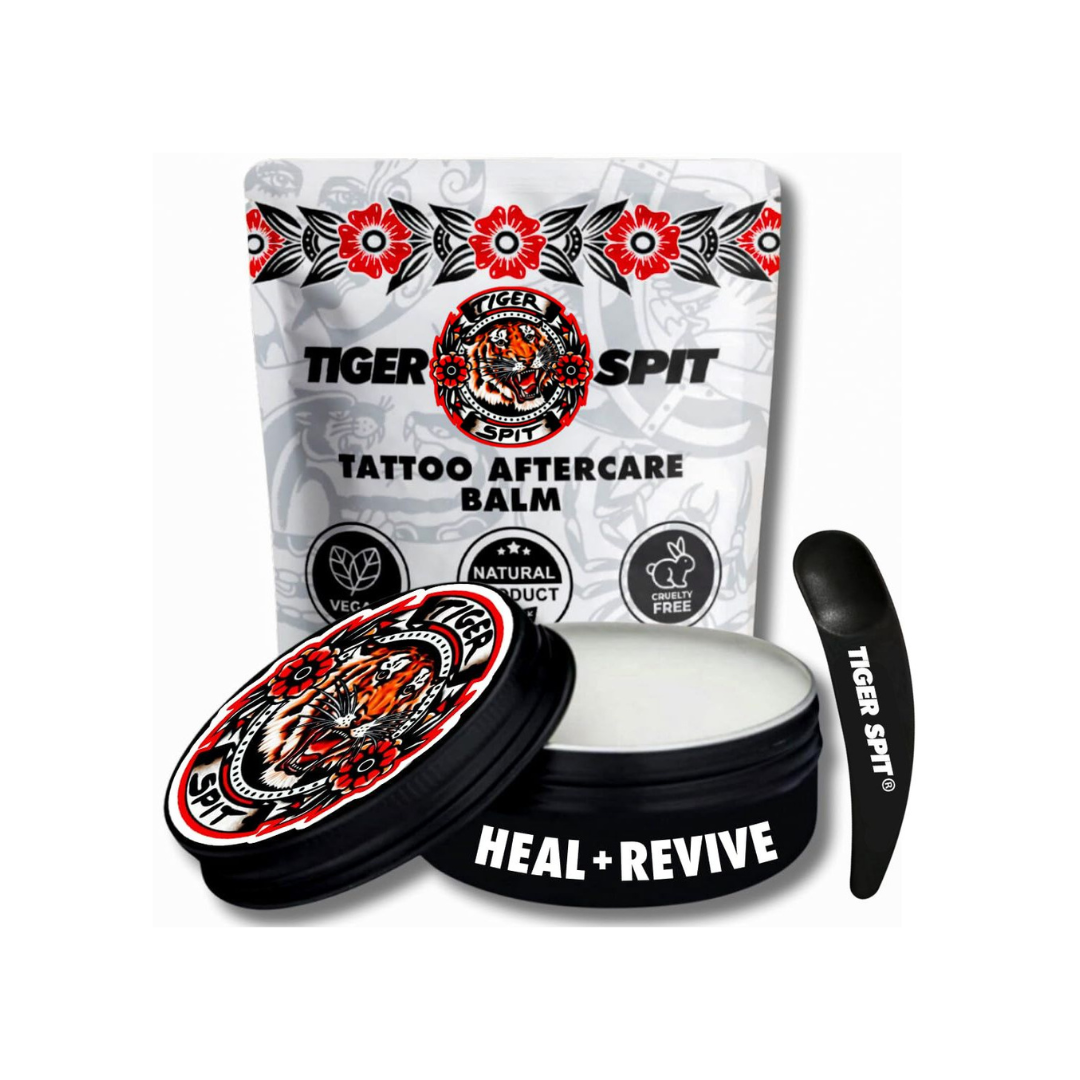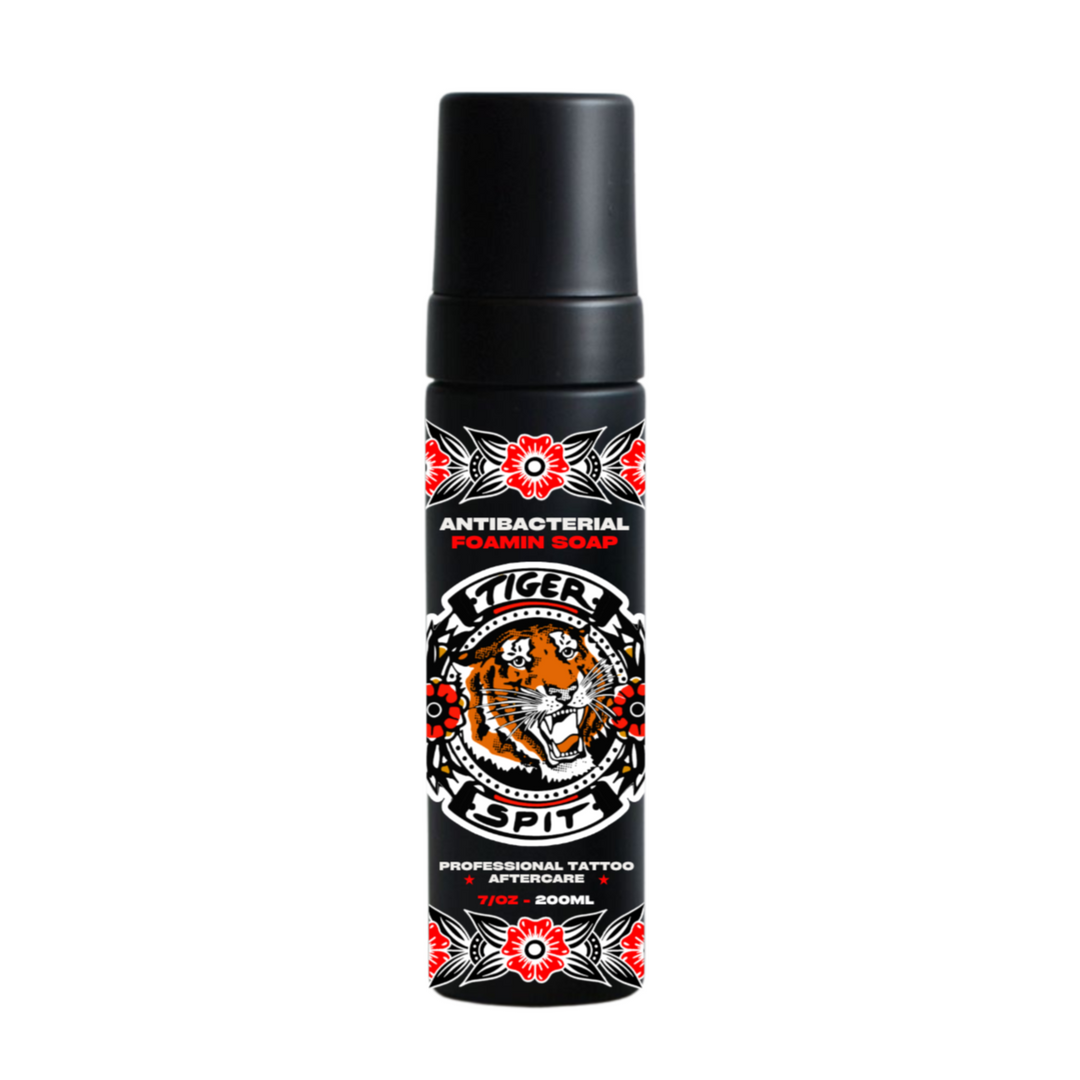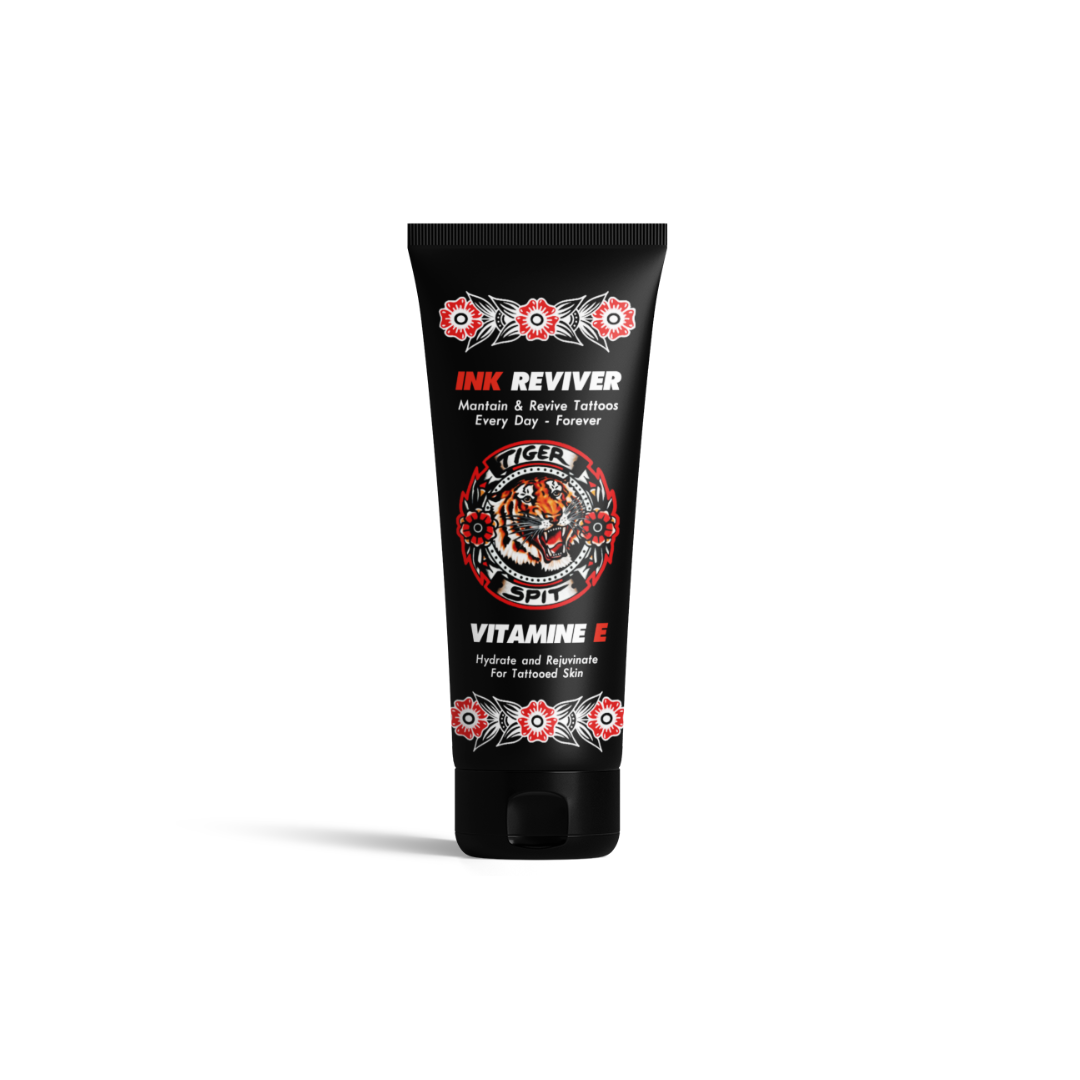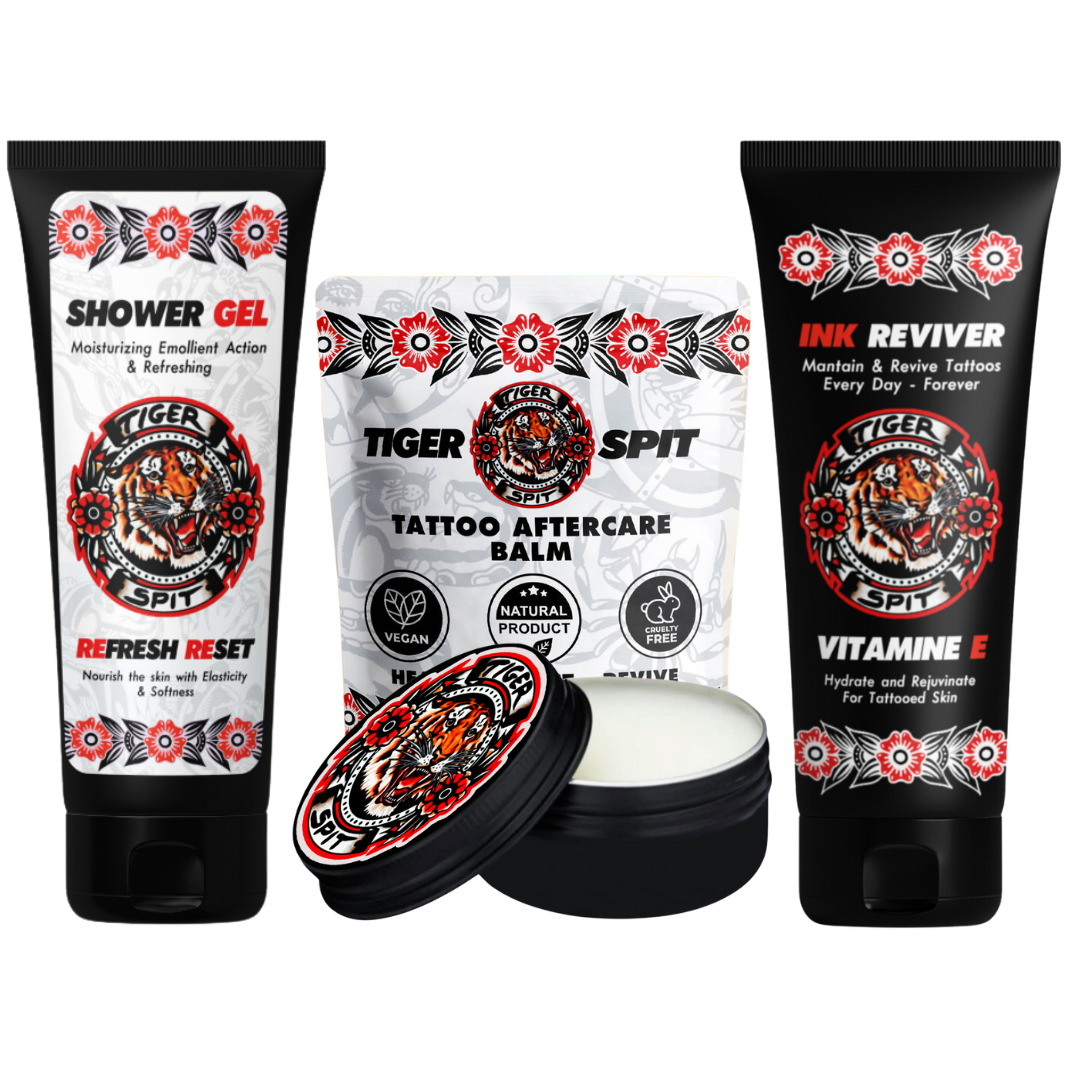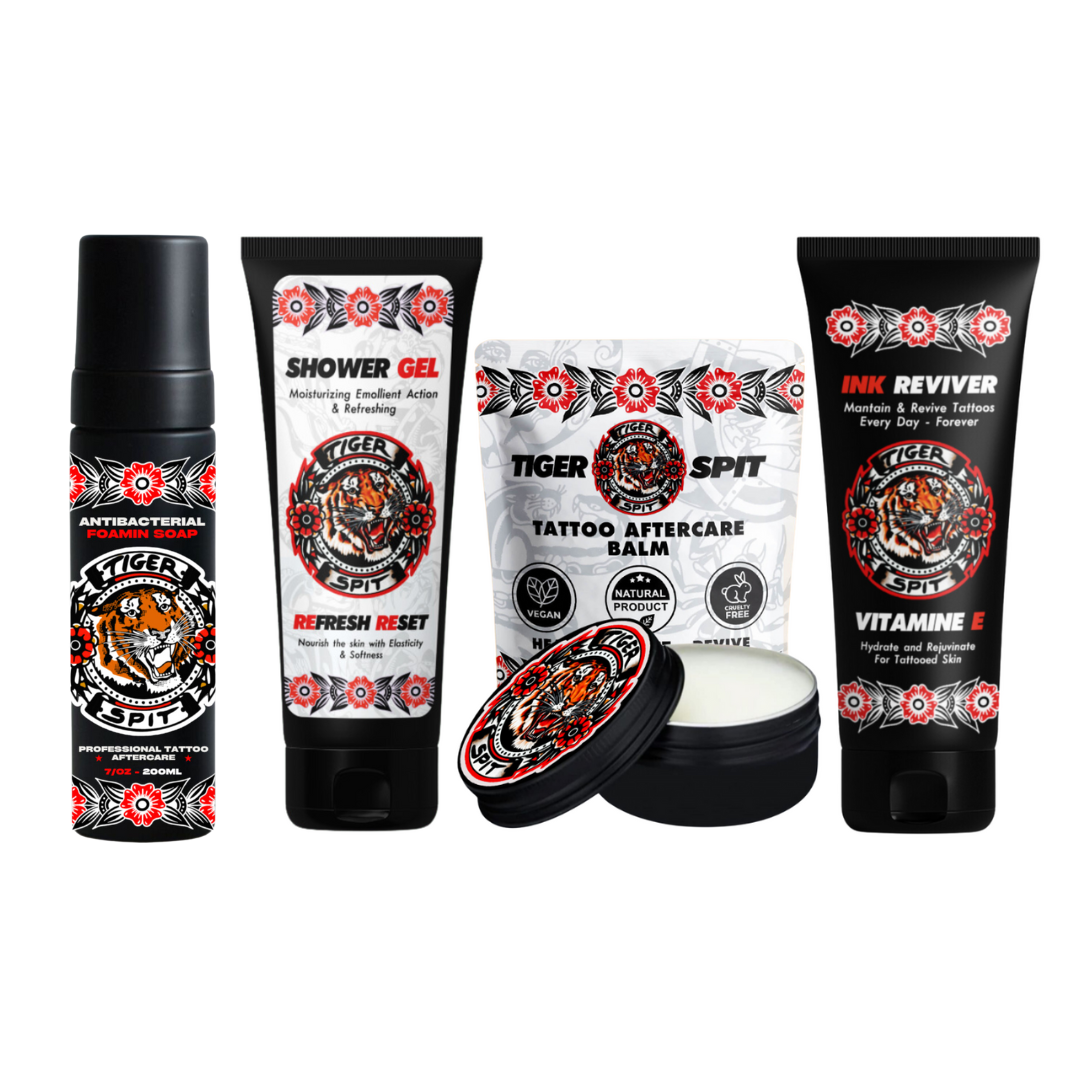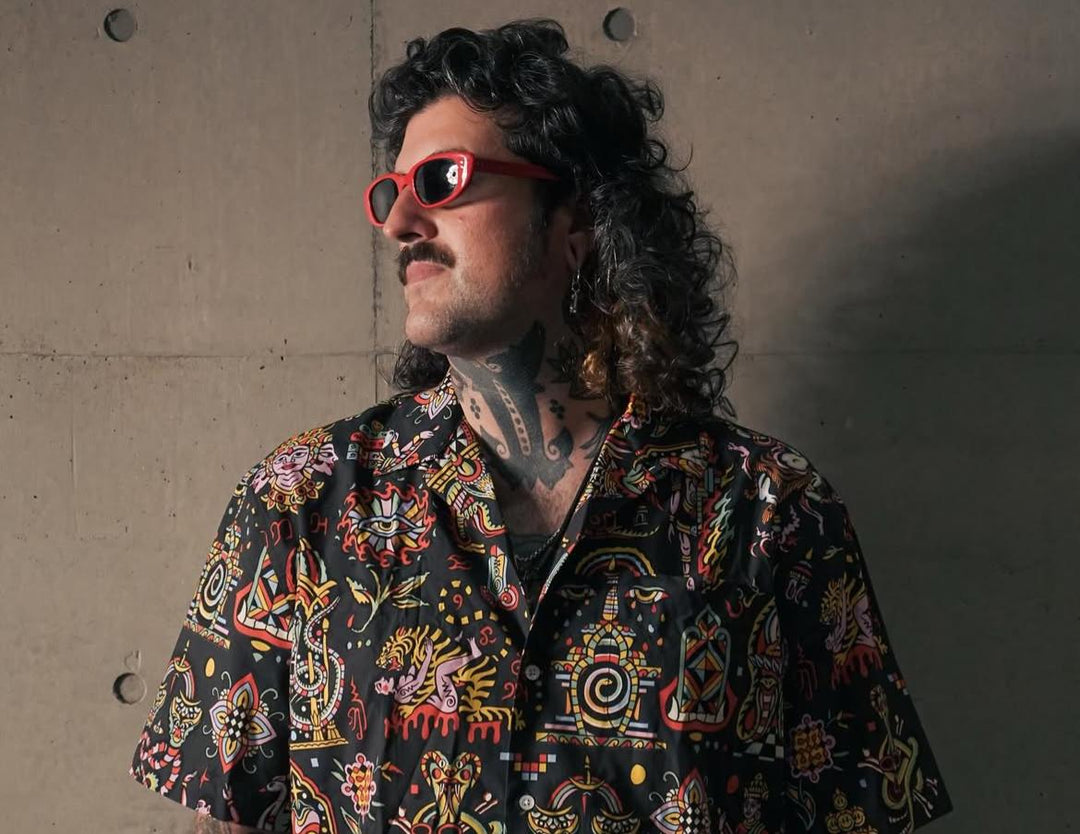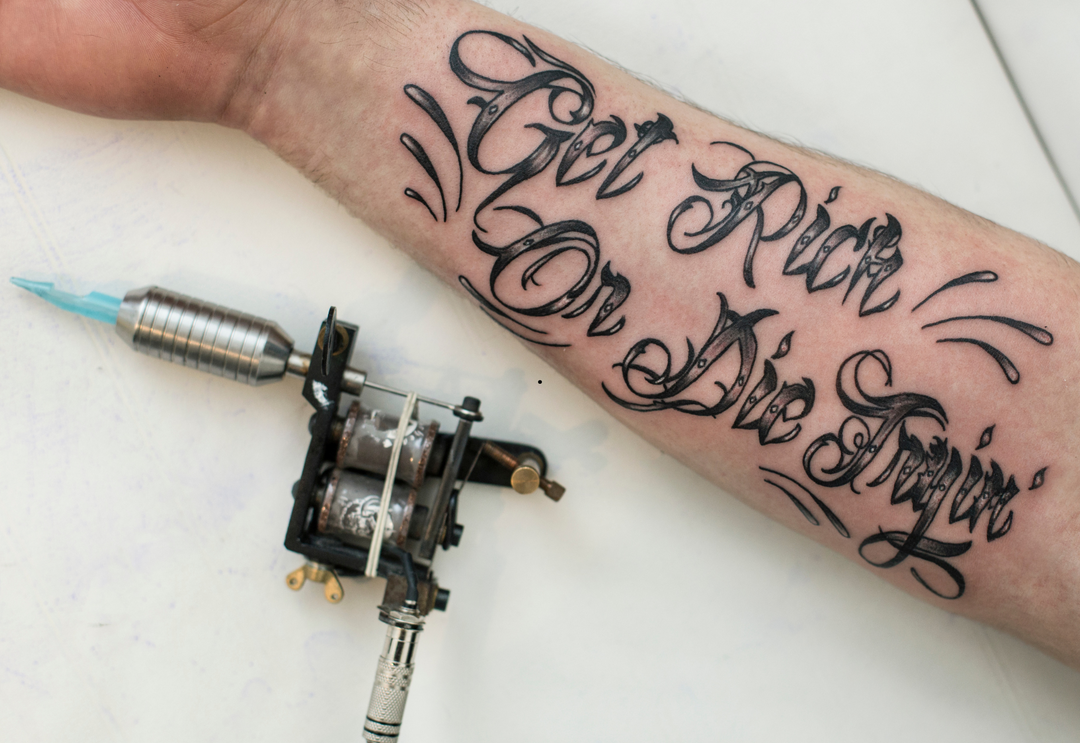Risks to Consider Before Using Tattoo Numbing Cream
If you're planning to get a tattoo, you've probably heard about numbing cream as a possible way to reduce pain during the process. However, there are several important risks to consider before deciding to use it. In this article, we'll explore these risks in depth to help you make an informed decision about your tattoo procedure.
1. Allergic Reactions
One of the primary concerns associated with the use of numbing cream for tattoos is the risk of allergic reactions. These reactions can manifest with symptoms such as itching, swelling, redness, or skin rashes. In more severe cases, systemic hypersensitivity may occur, requiring immediate medical attention. It's important to always test the cream on a small area of skin before full application to check for any allergic reactions.
2. Impaired Healing
Using numbing cream during the tattooing process can compromise the body's natural ability to heal the skin. Since the anesthetic temporarily blocks pain signals sent to the brain, it may also delay the natural inflammatory response that is essential for healing. This can lead to a longer recovery time and an increased risk of complications during the healing process.
3. Distortion of the Design
The anesthetic effect of the cream can cause involuntary movements during the tattooing procedure, which may lead to distortion of the desired design. Because the skin sensitivity is compromised, the tattoo artist may struggle to execute precise and detailed lines, compromising the overall quality of the tattoo. This is particularly concerning when it comes to complex or intricate designs.
4. Increased Risk of Infections
Local anesthesia can make it more difficult to detect signs of infection after the tattoo. Since skin sensitivity is compromised, you may not be able to timely recognize signs of redness, swelling, or discharge that could indicate an ongoing infection. This increased risk of infections can lead to serious complications and require additional medical care.
In conclusion, while numbing cream may seem like an appealing option to reduce pain during tattoos, it's important to be aware of the associated risks before using it. Always consult with your tattoo artist or a medical professional before making a decision and carefully consider the available alternatives. Your health and the final outcome of the tattoo should be your top priorities during the decision-making process.




